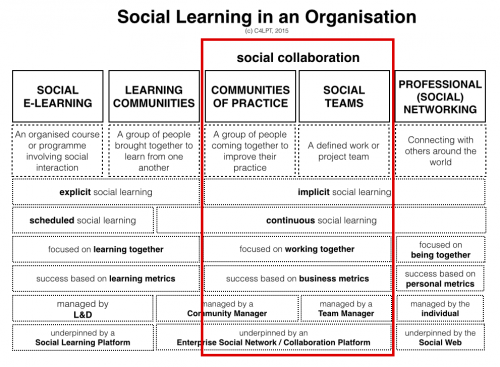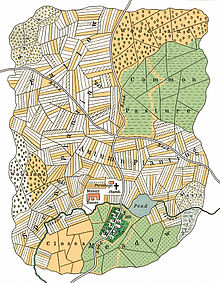Lordy, Lord. I’m all over the place in terms of my learning at the moment. In the last 6 months I’ve not only relocated but I’ve also swapped from a lifetime of using a Windows PC to using a Mac. Why I added this extra complication is beyond me. It’s like trying to master a second language. Anyway, all my previous habits and routines are well and truly shot. It’s not just learning. I haven’t taken a vitamin pill on a regular basis for months. Before, I used to plonk them out on the kitchen table every day as I was making breakfast and I didn’t bat an eyelid over it. Now, it’s an effort to remember them at all.
So now, I’m making a more conscious effort to learn how to develop habits: habits in general, restore old habits and adopt some new prize learning ones into the bargain. I need to re-establish the ‘vitamin habit’ for learning!!

I have two plans of attack. One, I’ve signed up for Stanford professor, BJ Fogg’s ‘Tiny Habits’ workshop, a 5-day method that’s simple, effective and fun – apparently. The idea is, you pick 3 new habits and fix them to an ‘anchor’, that is something you do already, and proceed from there. Do your ‘Tiny Habits’ each day and respond to a daily email. That’s it. A new session starts each Monday, if you’re interested.
The other plan, the more macro of the two, is that I’ve joined a Work Out Loud Circle #WOLCircle. They’re about developing habits in order to achieve a personal goal.
small groups of people learning to work in an open, generous, connected way so they can each accomplish a personal goal.
Work Out Loud Circles offer a structure/method along with peer support and mutual accountability. They’re kind of like a mini, focused PLN. I’m currently in week 2 of a 12 week Guided Mastery programme. So far, it’s looking good.
I haven’t completely lost the learning habit. It’s just a bit wobbly, that’s all. I’ve been participating in Jane Hart’s workshop about how to encourage and support personal learning in organizations. It seems that there’s a growing realization that learners are becoming increasingly autonomous as the adopt new technologies and discover that they’re free to determine their own learning. Alongside this are economic imperatives that require organizations to seek out more effective knowledge systems so they can keep abreast of developments and innovate quickly, and all the while looking to reduce cost. Consequently, organisations are increasingly looking to individuals to take responsibility for their own learning, to learn continuously and to feed this back to the workplace and the performance of the business. It’s here, as Jacob Morgan points out, that the ‘learning worker’ comes in to play. It’s no longer enough to be a ‘knowledge worker’.
Knowledge is a commodity, to be the smartest person in the room all you need is a smartphone. What is far more valuable than knowledge is the ability to learn new things and apply those learnings to new scenarios and environments. This is what the employee of the future needs to focus on, “learning to learn.”
On which note, I’ll leave you and I’ll urge you to get the ‘vitamin habit’ for learning and learning to learn.

This work is licensed under a Creative Commons Attribution 4.0 International License.
Image source: https://pixabay.com/en/pills-medicine-health-medical-care-684989/




